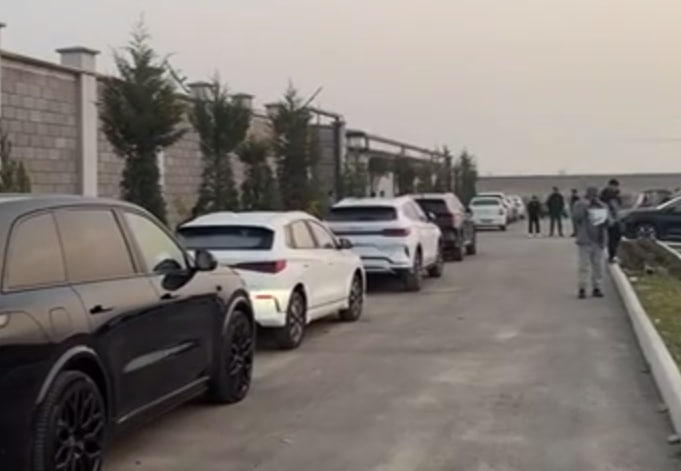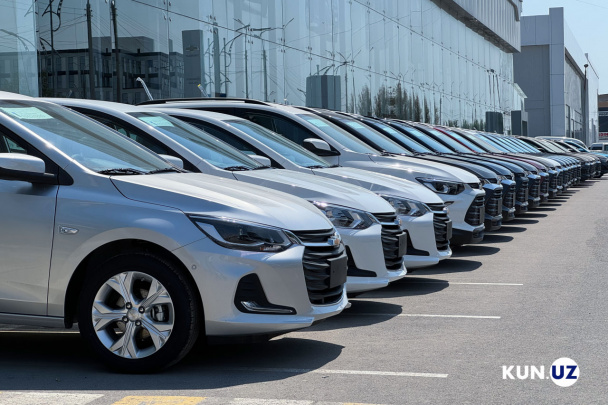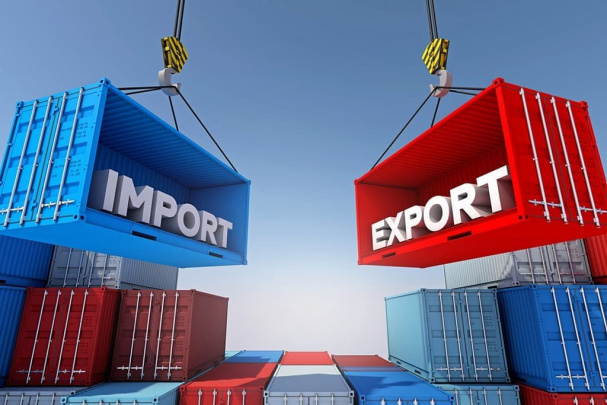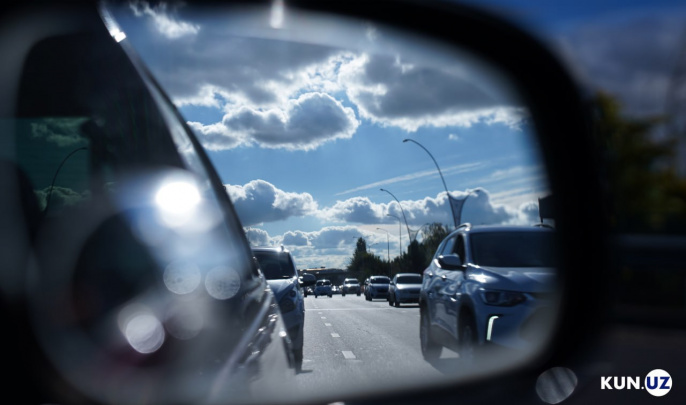UzTest vehicle compliance system under fire amid backlogs and public criticism
A surge in demand for vehicle compliance testing at Uzbekistan's Piskent testing facility has led to lengthy electronic queues, frustrating importers and vehicle owners. The delays follow recent changes requiring technical inspections at Piskent rather than at customs checkpoints, as well as new electromagnetic compatibility tests for privately imported vehicles.

Photo: Frame from the video
The situation has been exacerbated by the temporary closure of some testing laboratories at the Piskent facility for unspecified reasons. Reports indicate that these closures may push wait times for inspections into February. On January 8, the autodeklarant Telegram channel reported a 12-day wait for appointments, with the earliest slots available after January 20.
UzTest representatives told Kun.uz that it takes approximately 30-35 minutes to test one vehicle. Despite operating 24/7, the center can process only about 50 vehicles daily, or 18,000 annually. This capacity is insufficient, meeting just 28% of the actual demand.
Efforts to mitigate delays through an electronic queue system have done little to alleviate public dissatisfaction. Critics argue that relocating customs testing requirements to Piskent without adequate infrastructure has led to logistical bottlenecks.
Economist Otabek Bakirov has also called for UzTest to be classified as a monopoly and subjected to stricter regulatory oversight. “UzTest operates like a monopoly dragon,” he wrote on social media. “Consumers and entrepreneurs from across Uzbekistan must travel to its lair in Piskent for testing, with arbitrary fees and wait times.”
Bakirov highlighted the lack of transparency in fees, which reportedly range from 6 to 9 million UZS, and the absence of procedural constraints to regulate the organization’s operations.
Under Uzbekistan’s law on technical regulation, state oversight bodies are prohibited from combining regulatory and compliance assessment functions or engaging in practices that discriminate against businesses. UzTest, operating under the Technical Regulation Agency, is mandated to conduct compliance assessments independently.
The ongoing delays and public discontent have prompted calls for systemic reforms to improve efficiency and ensure fair competition. Neither the Technical Regulation Agency nor UzTest has commented on the issue.
Since November 1, 2024, imported vehicles have been subject to compliance testing exclusively at the Piskent facility. The change aims to standardize vehicle assessments but has overwhelmed the facility’s capacity.







